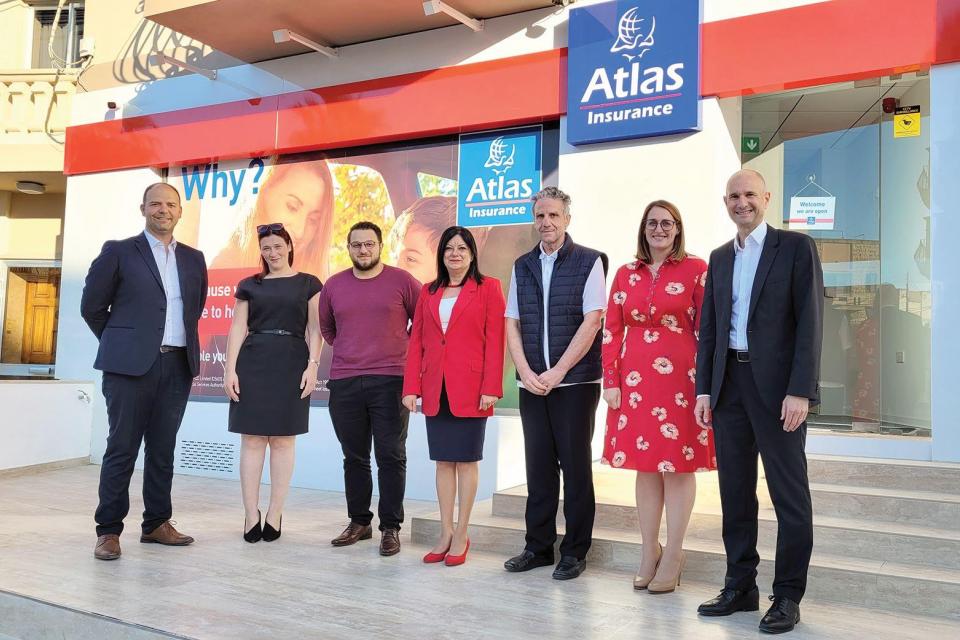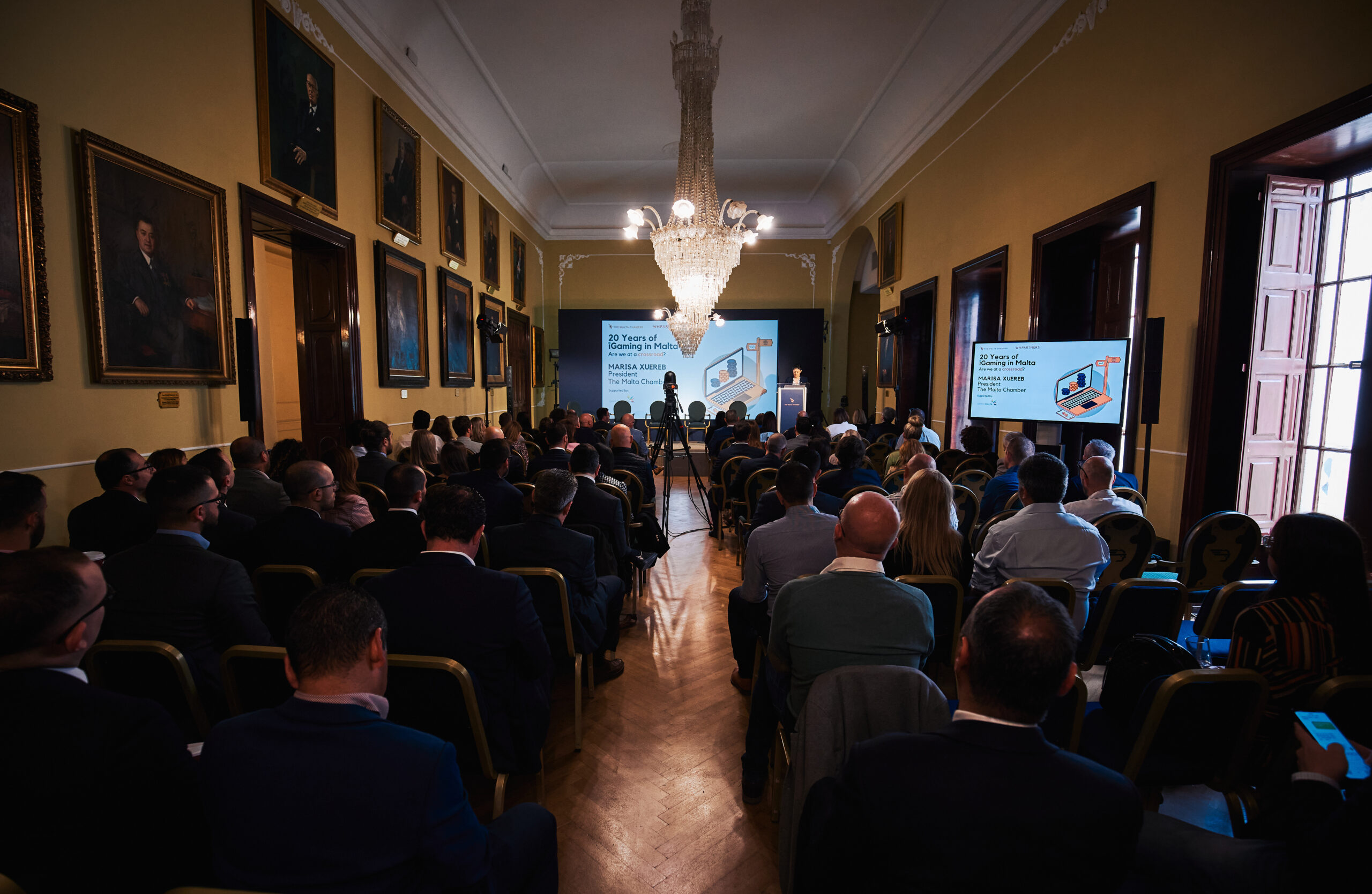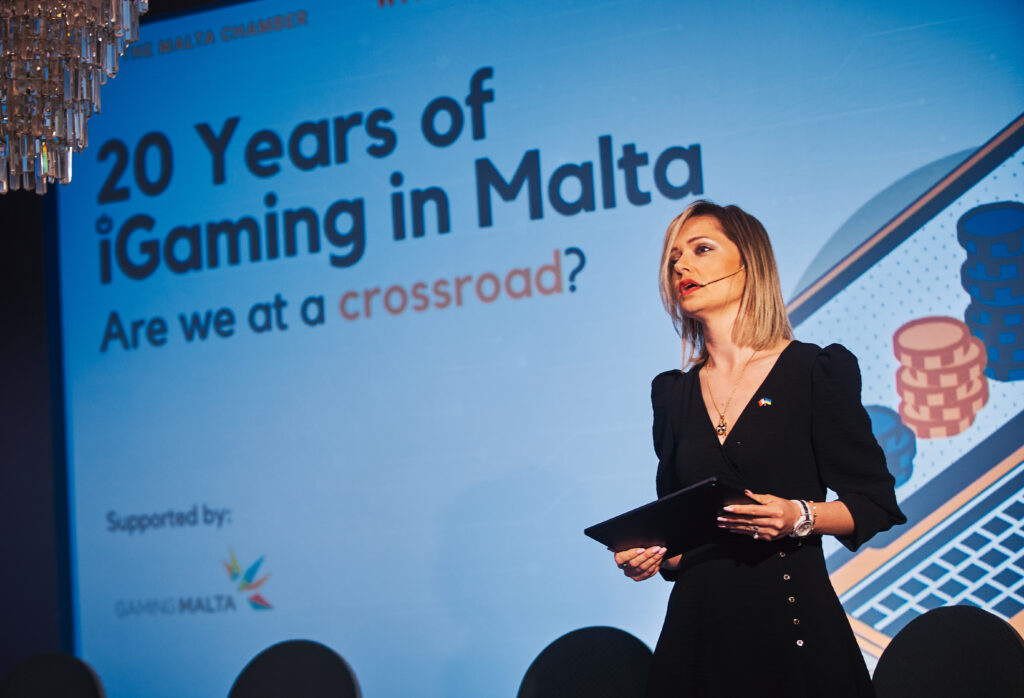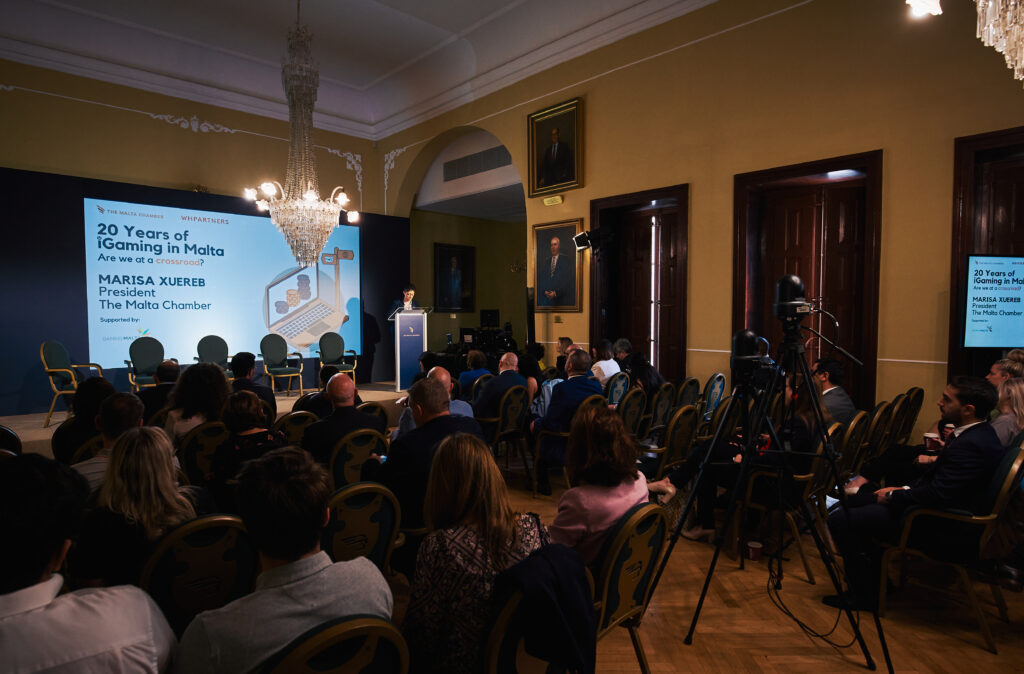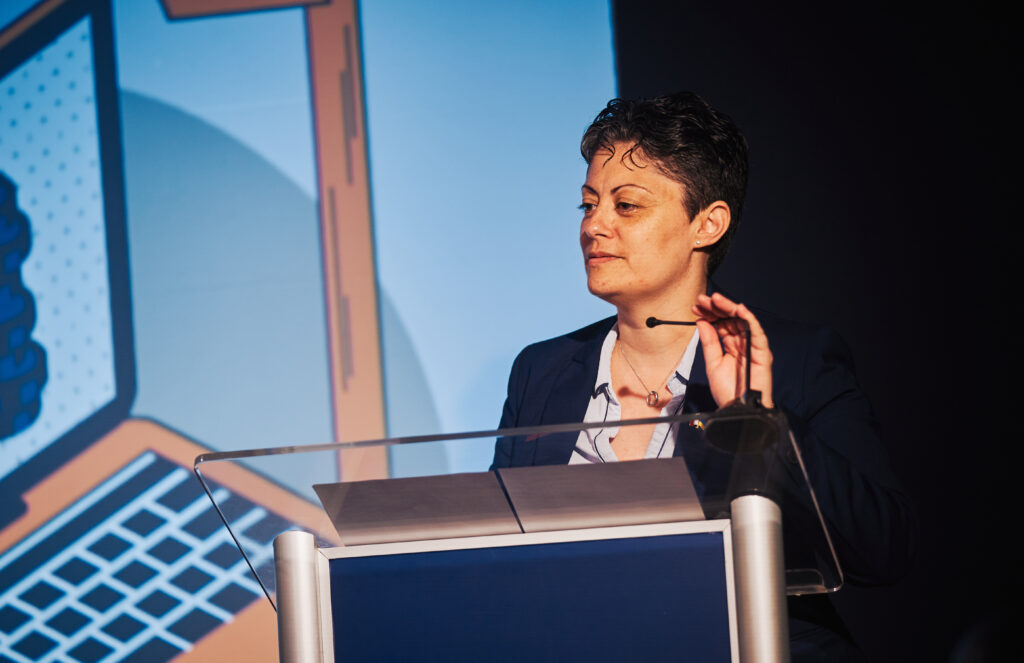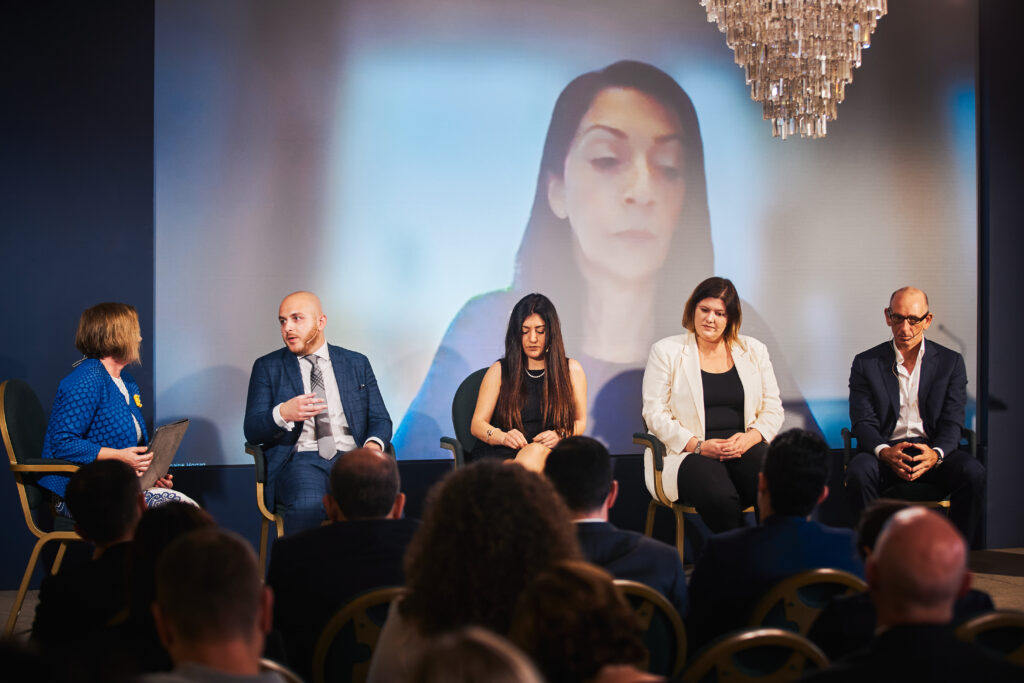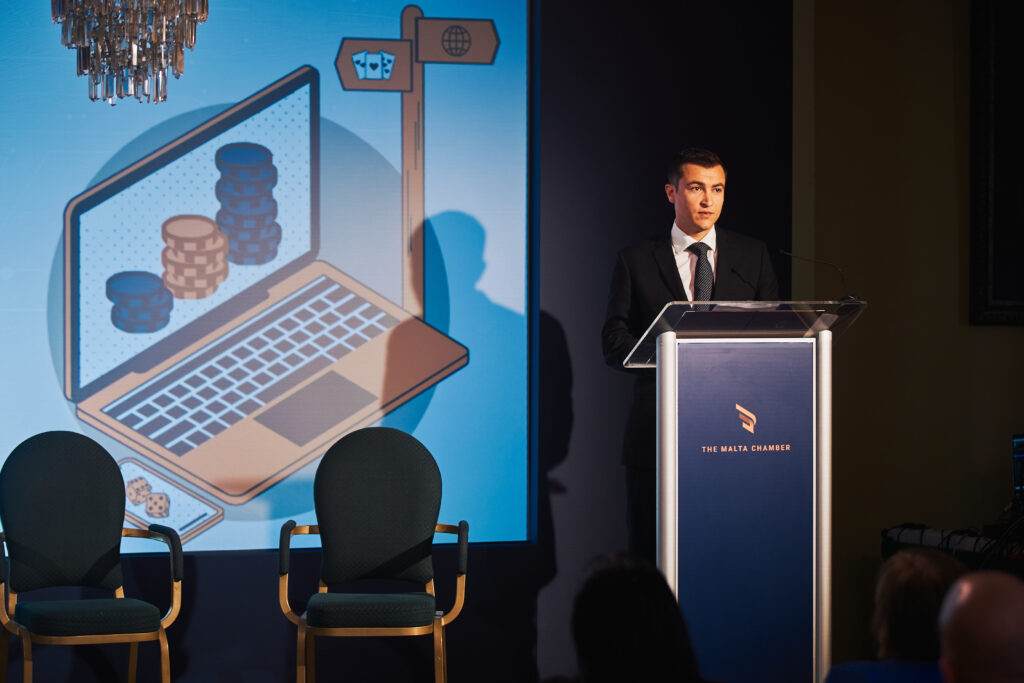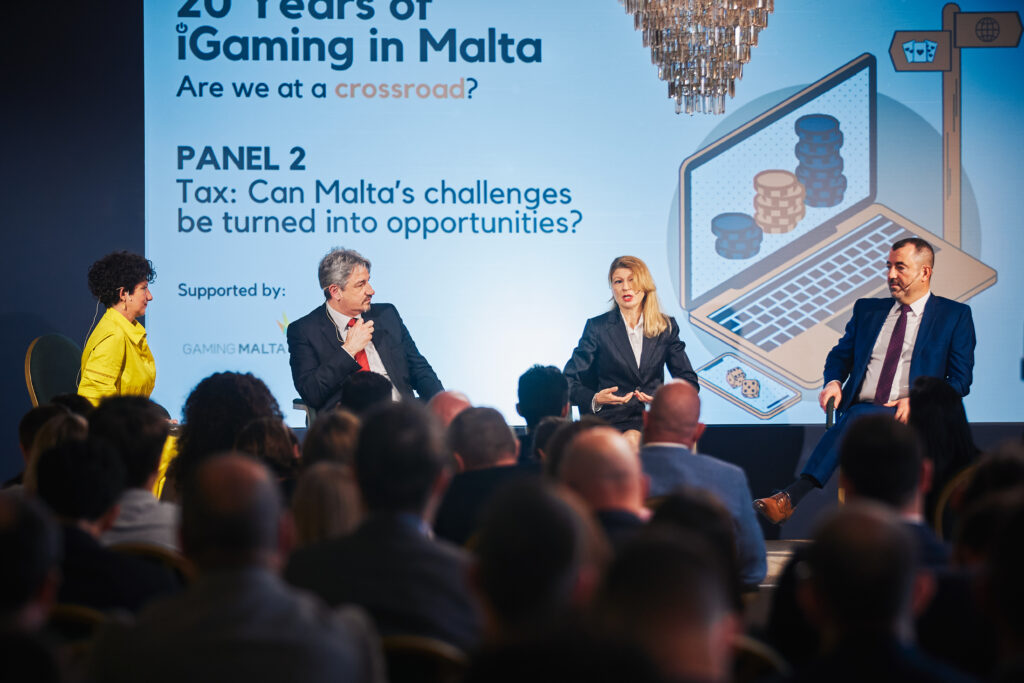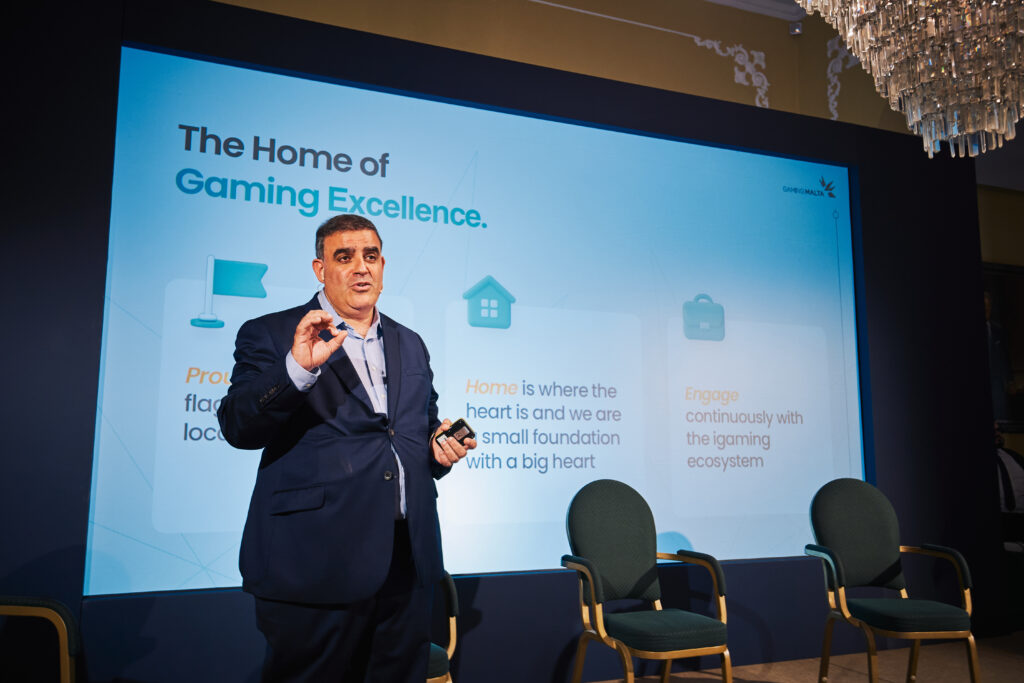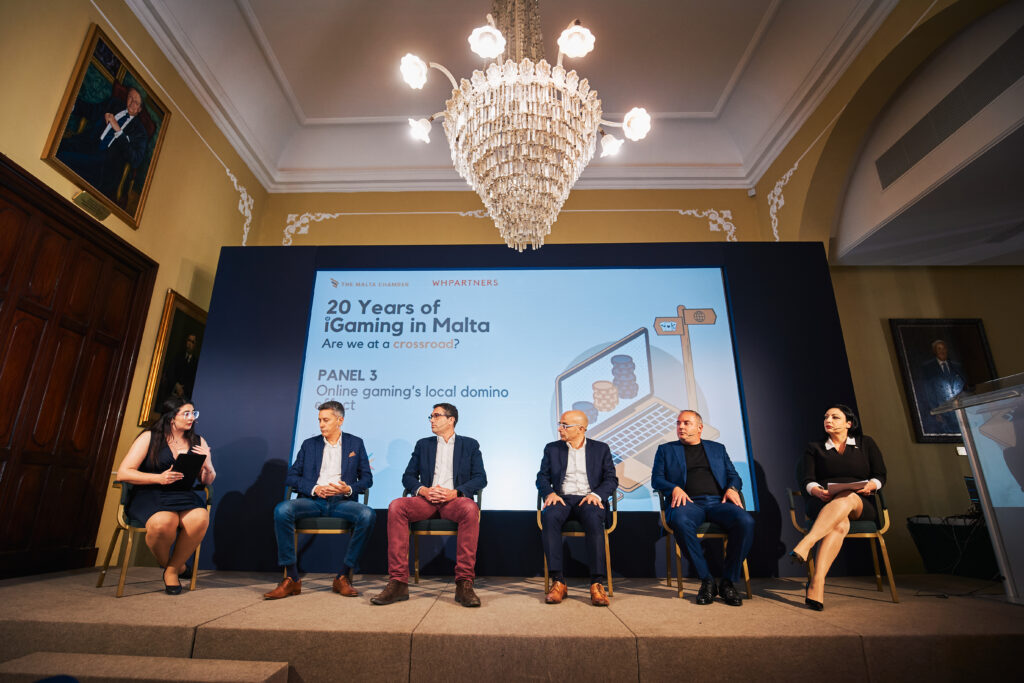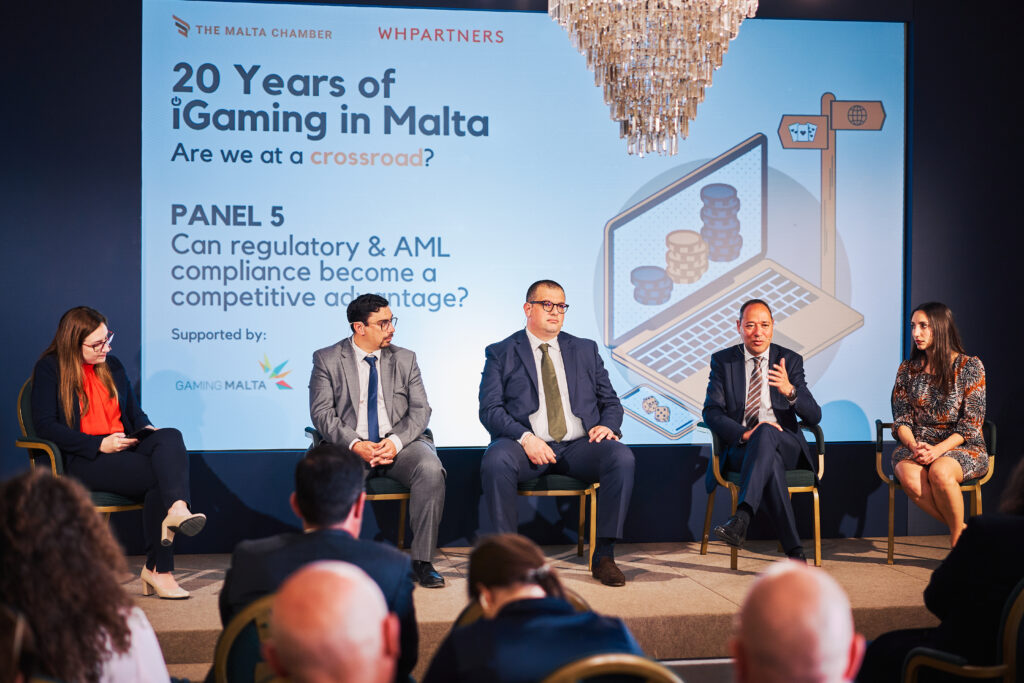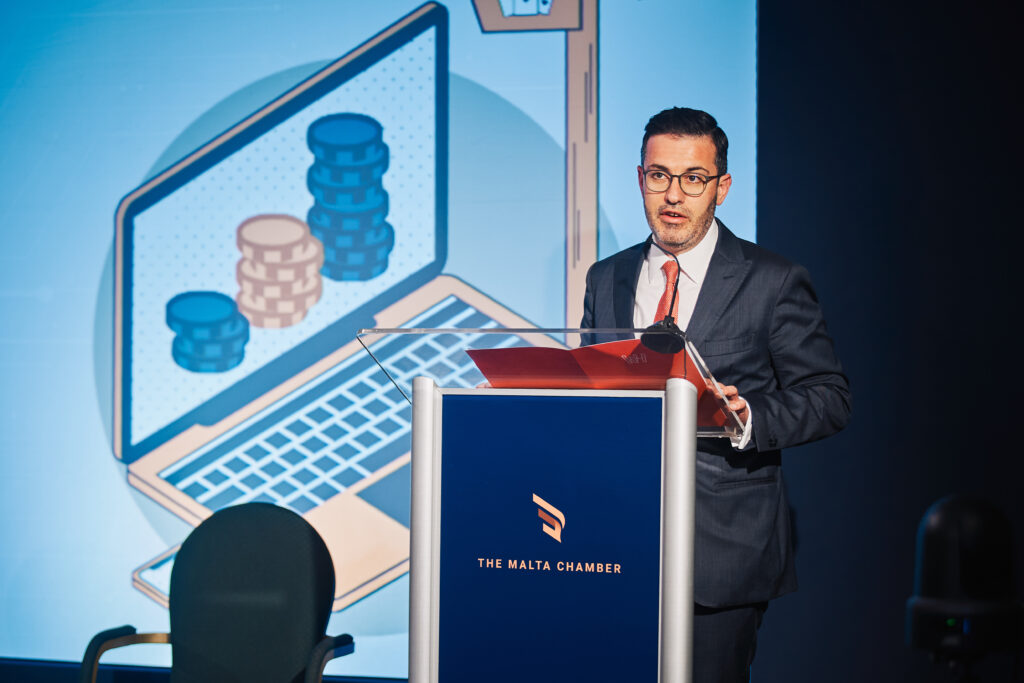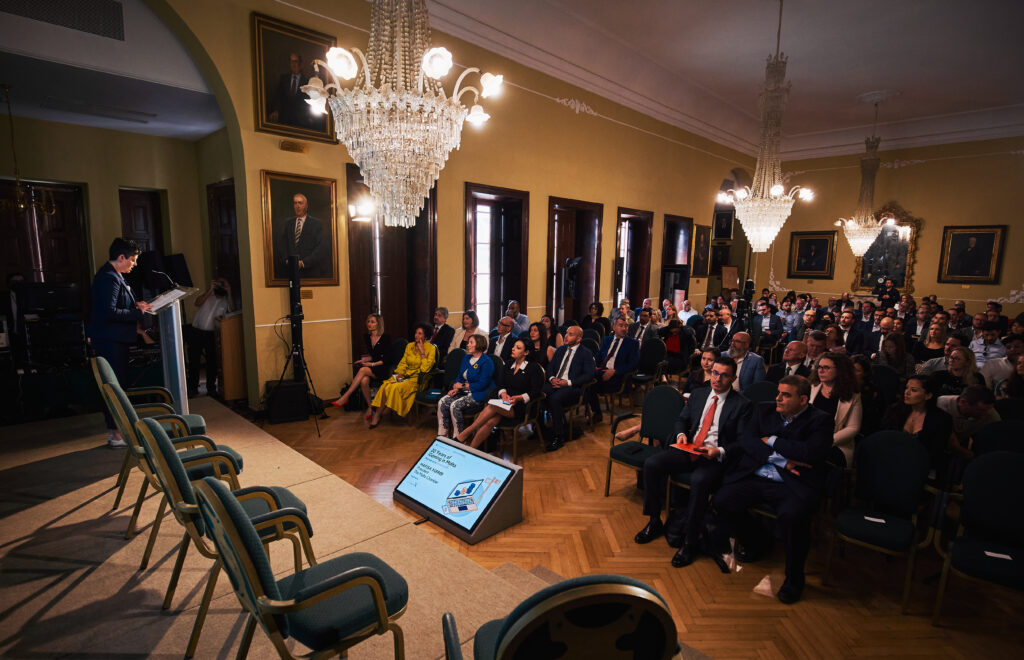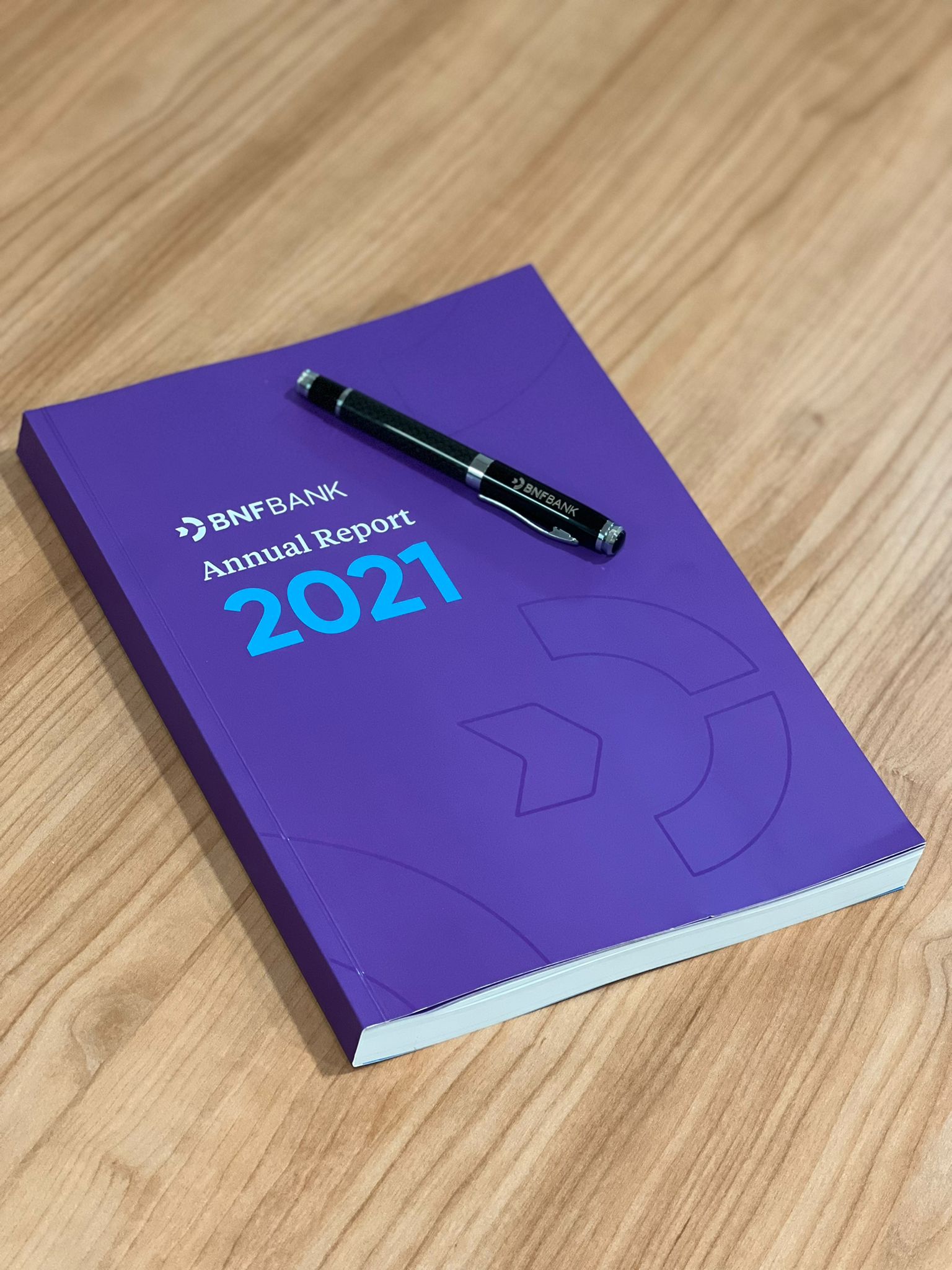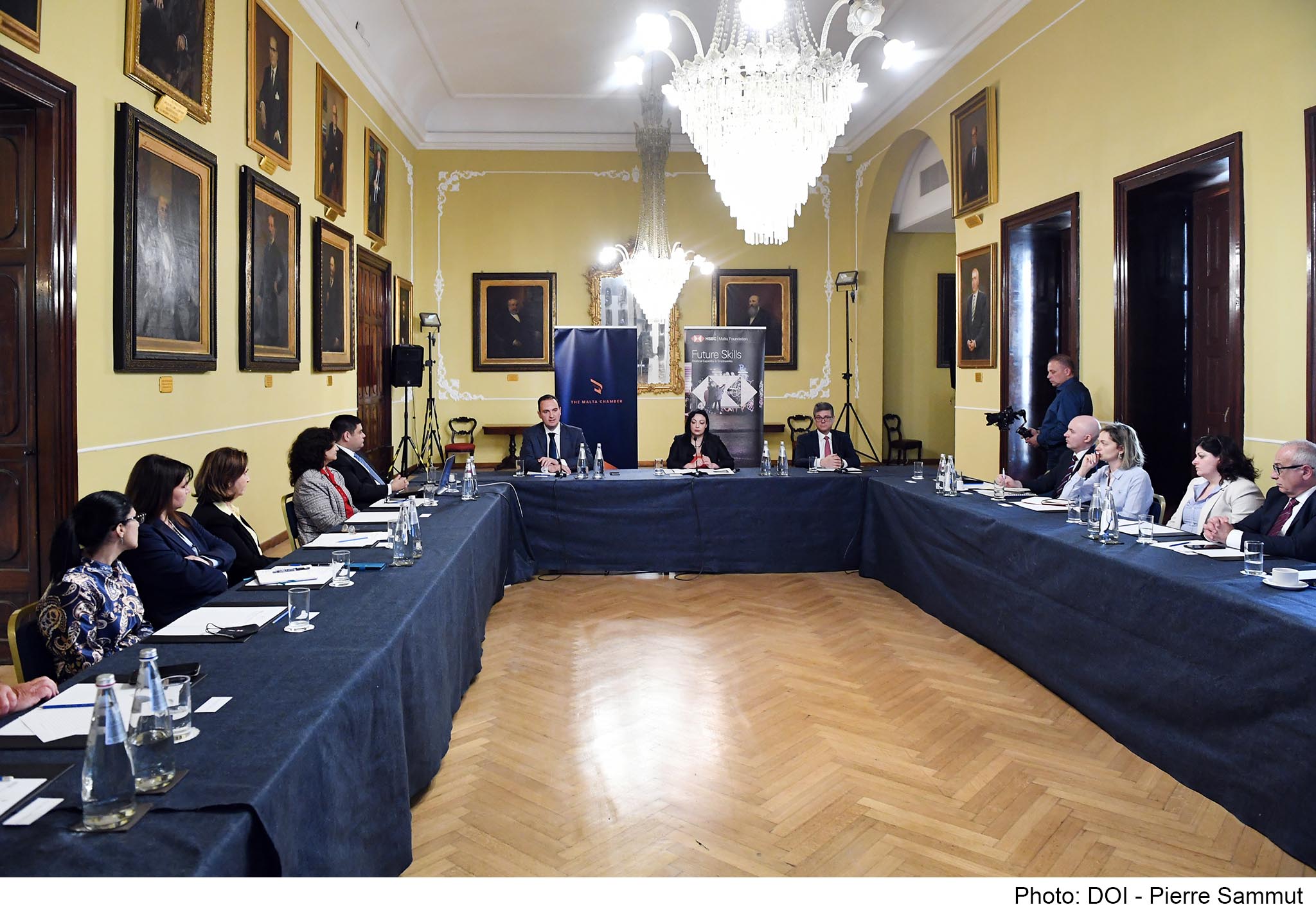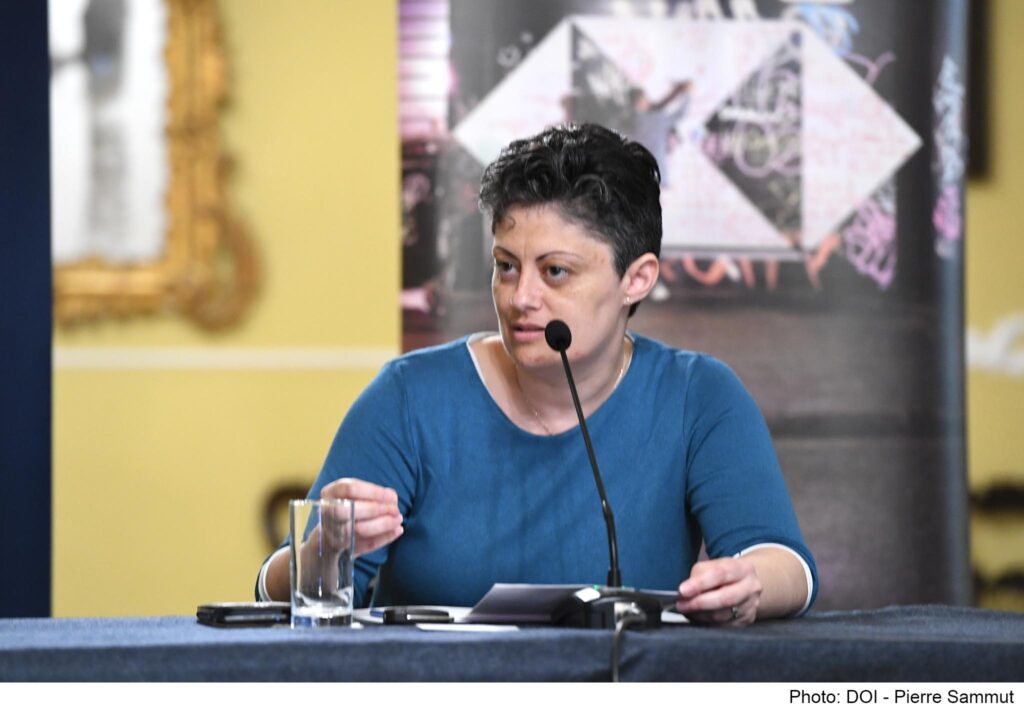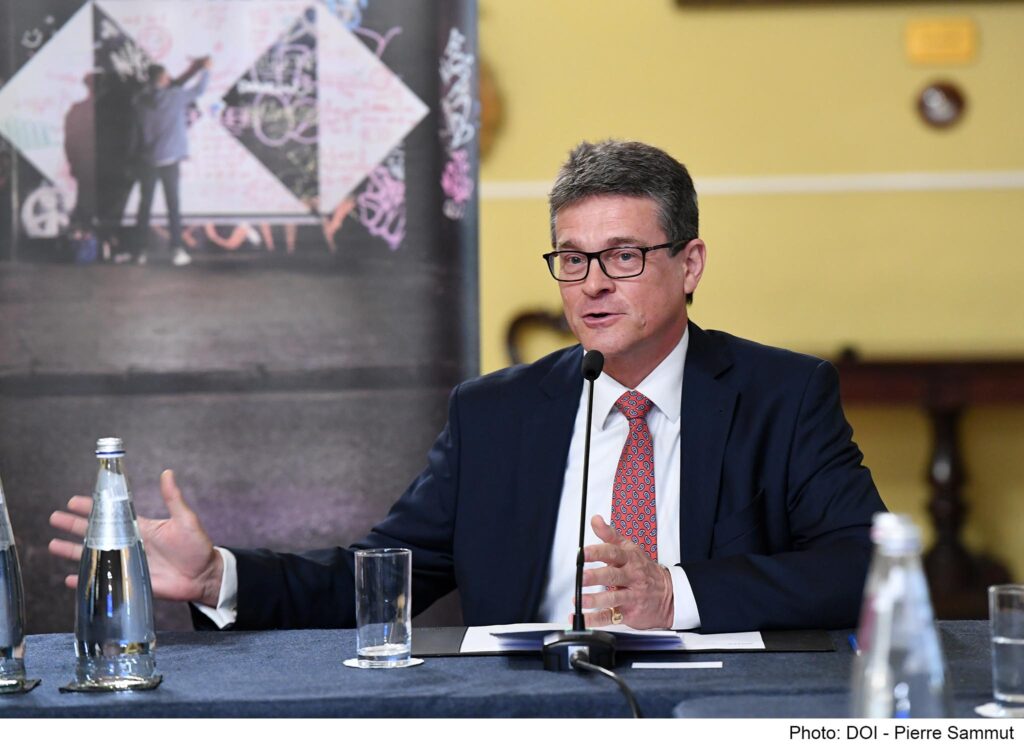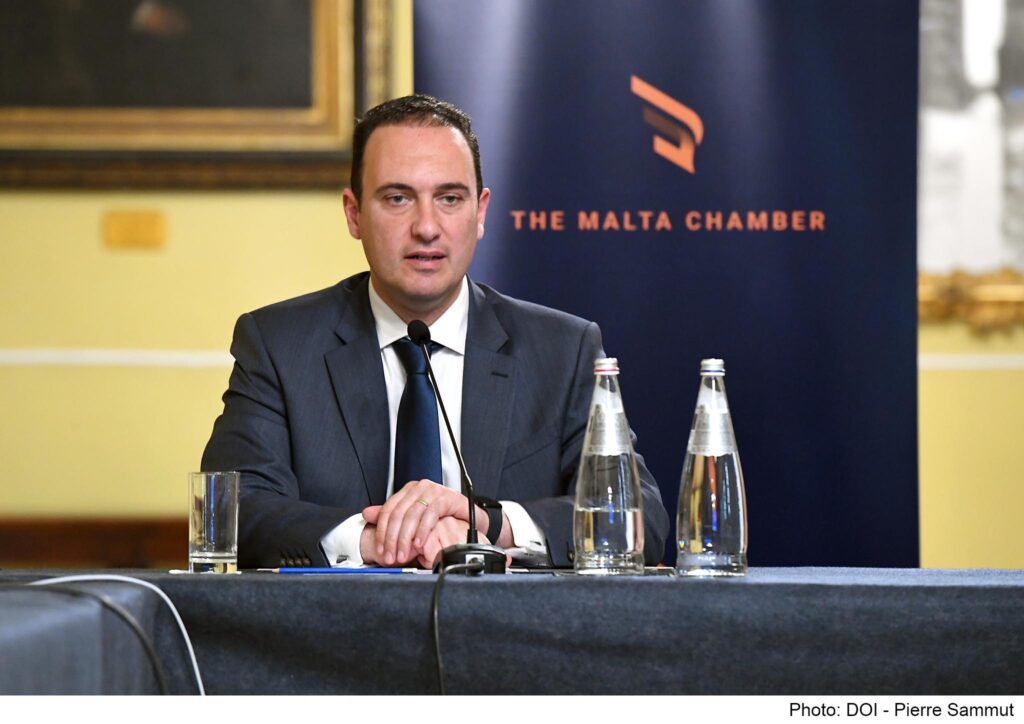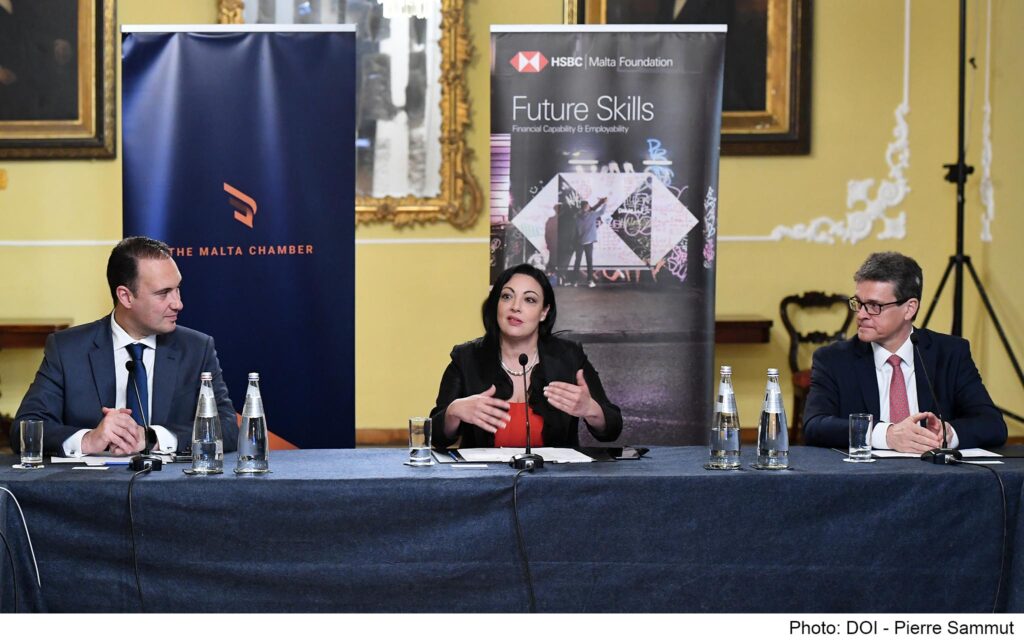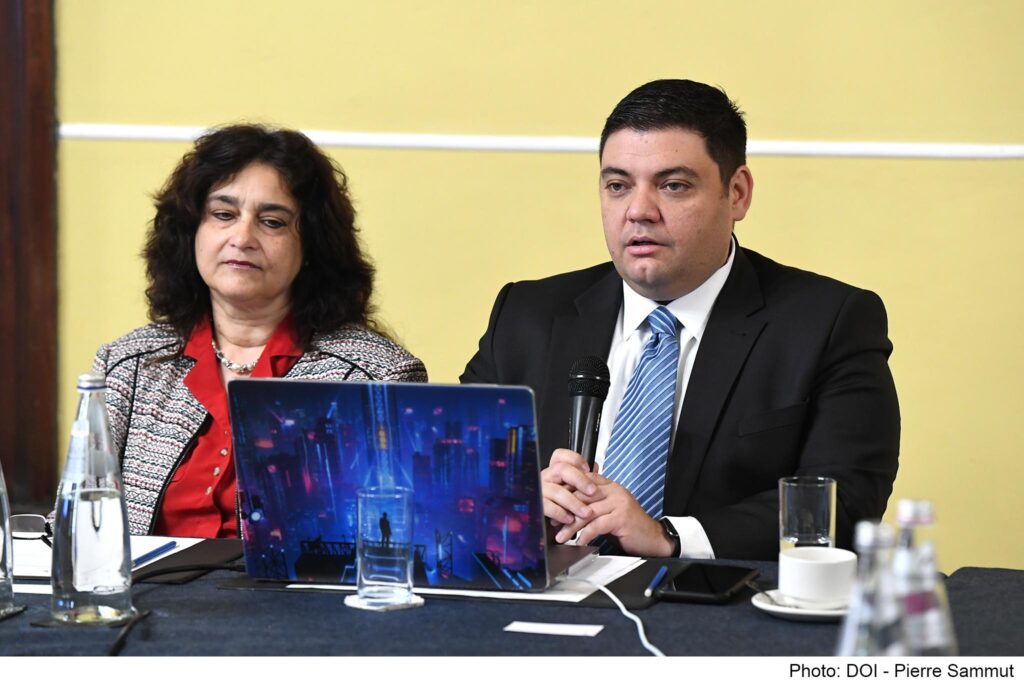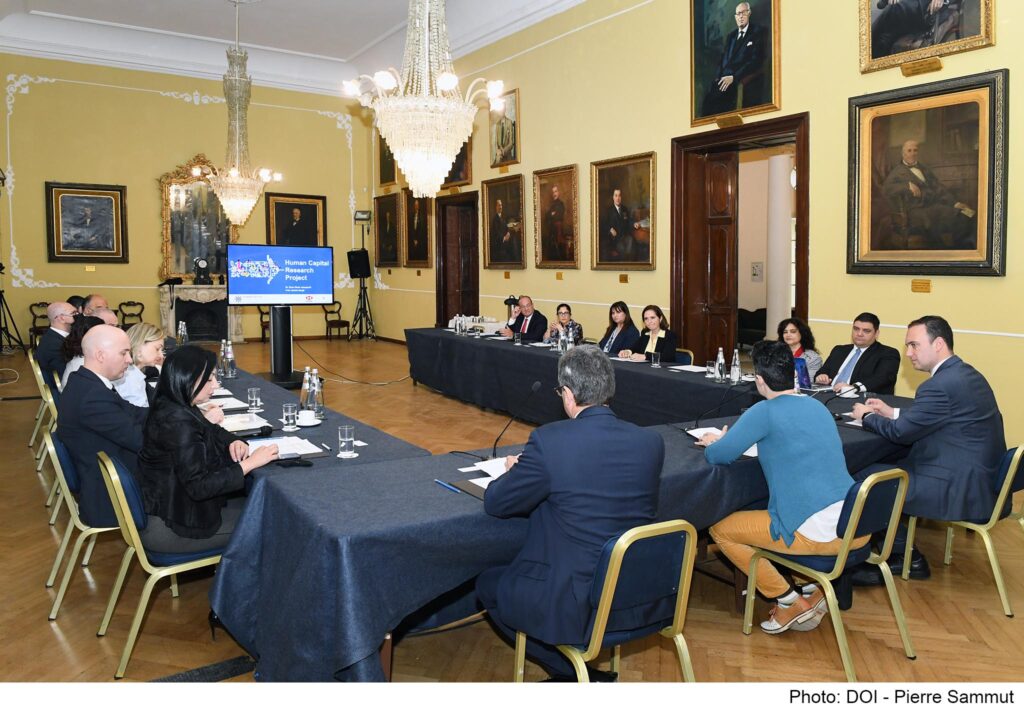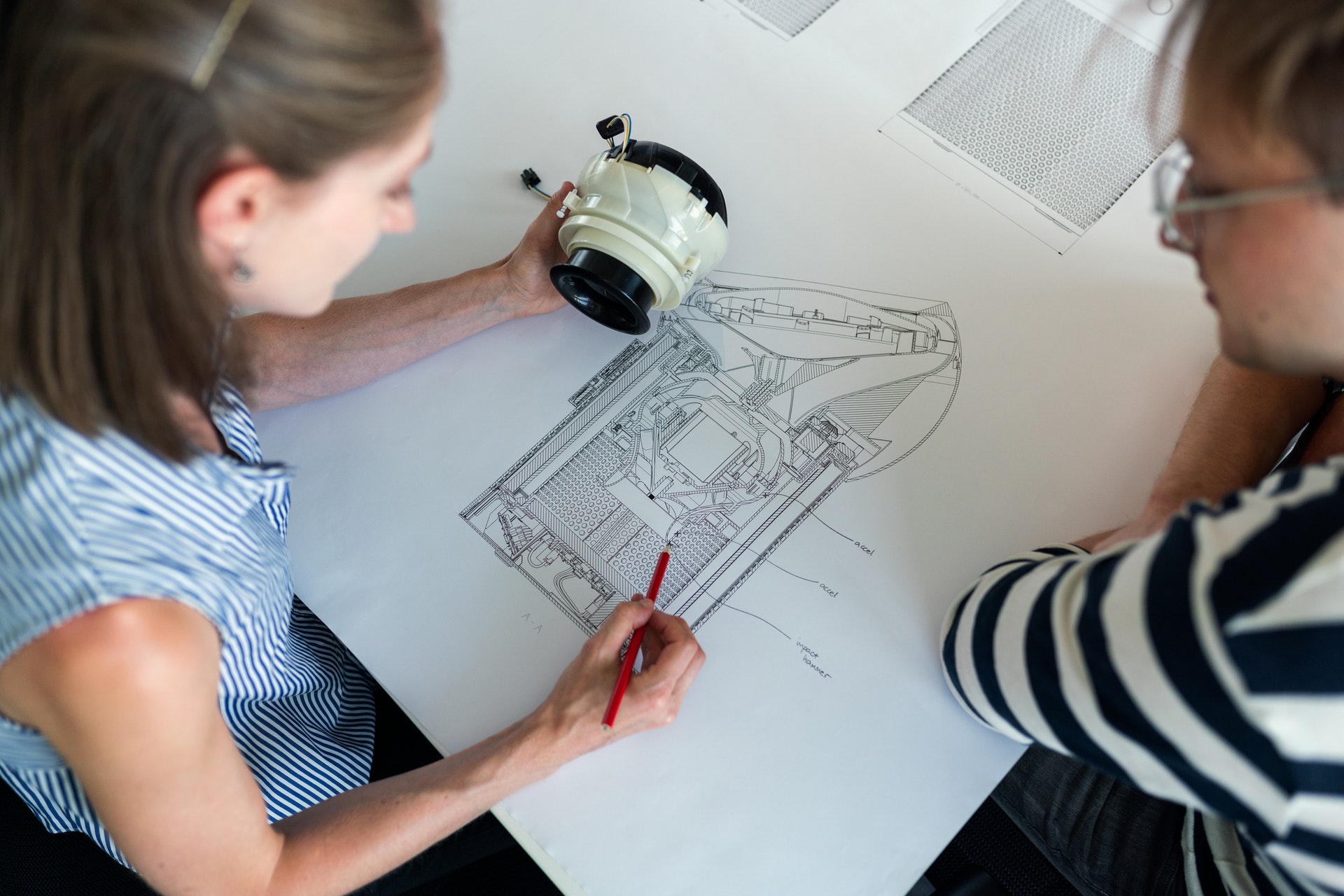A two-year study conducted by EMCS Ltd provides a complete report on brand value and consumer perception of different brands in Malta.
The Brands in Malta Survey 2021 – 2022, highlights consumers’ behavioural tendencies and reflects the extent to which they favour one brand over another.
When people were asked which brands come to mind first these BRANDS made it to the top of the list:
The Brands in Malta 2021-2022 report provides answers to these questions:
• How does your brand compare overall in your industry?
• How does your brand compare to competing brand/s?
• Amongst which age groups is your brand most / least popular?
• Is your brand more popular amongst males or females?
In the marketplace, consumers often face situations of selecting from several options. In such instances, their perception towards a particular brand creates a bias (toward such brand) that ultimately affects his/her purchase.
The study focuses on 6 categories:
• Automobiles
• Soft drinks
• Insurance companies
• Chocolate
• Supermarkets
• Clothing
Ramon Muscat, Director EMCS, responsible for market intelligence explains “We believe there are no shortcuts to sustainable growth. Our study is the first of its kind. It is designed to help business leaders balance the pressure for short-term results with long-term sustainable and profitable growth. Brands that are bold enough to invest in making consumers’ lives better in creative and innovative ways, even during difficult times, have the potential to reap greater rewards.”
Uncovering consumer brand preferences is critical when seeking to design successful brand strategies and subsequently position a particular brand. It also contributes to building strong brands able to establish long-term relationships with consumers.
Ramon added that the research carried out seeks to determine the best (top of mind) brand. Over 250 different brands were mentioned by the survey respondents with the top picks being three well-established international brands namely:
The local brands rating highest among top brand mentions were:
The Best (top of mind) Brands for each of the six categories were as follows:
The Top Brands in Malta 2021-2022 are measured using 3 parameters, namely:
I. Top of Mind awareness (based on brands first mentioned by respondents when they heard the product category).
II. Last Used (based on brands last used/consumed by respondents in one re-purchase cycle).
III. Future Intention (based on brands that respondents intend to use/consume in the future).
Find out where your BRAND placed and who your competitors are. Order a copy of the full 82-page report, send an email: market-research@emcs.com.mt

